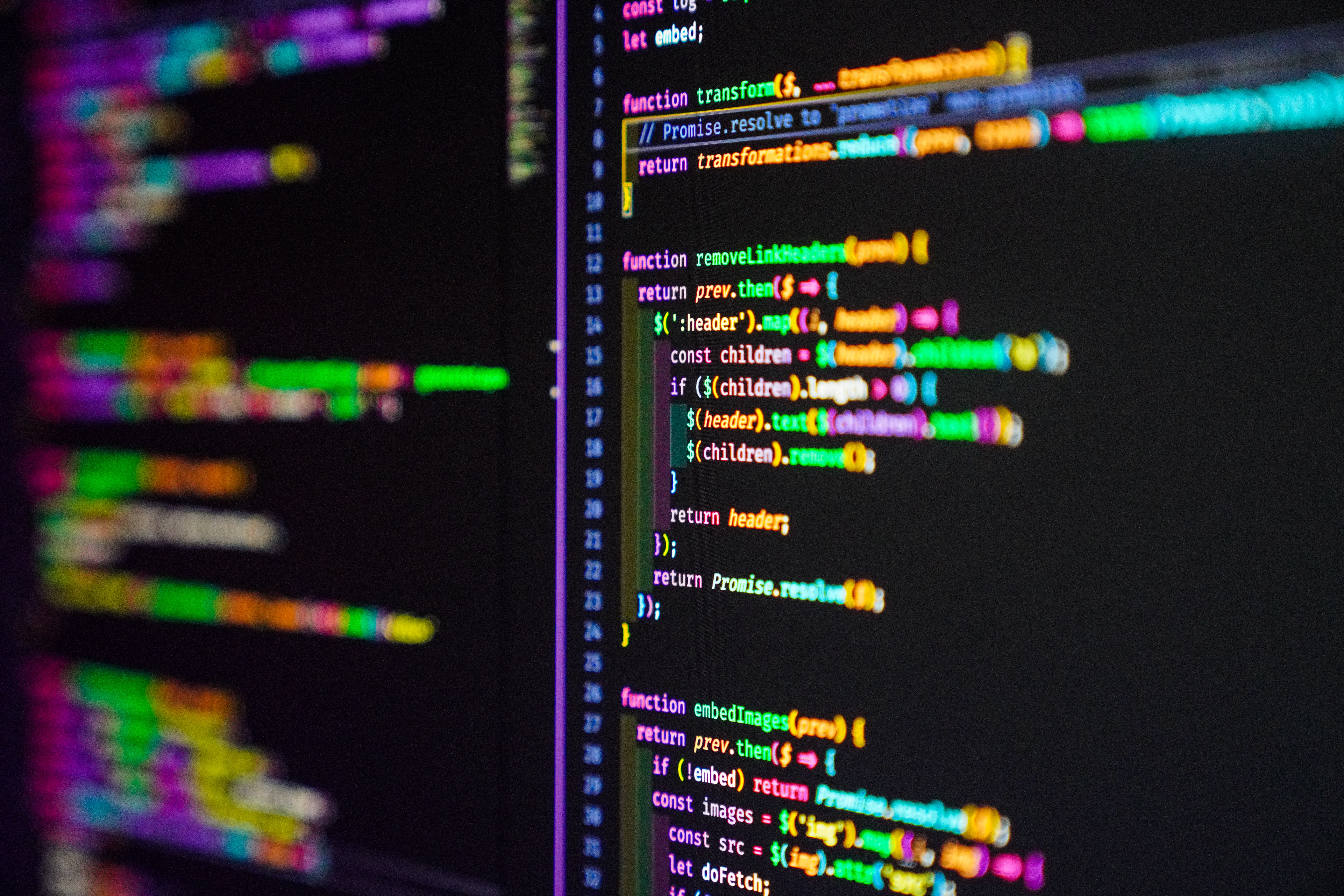Exploring the Different Types of Programming Loops

Introduction
Loops are fundamental elements of programming languages, enabling developers to execute a series of commands repeatedly. They are invaluable tools for efficient and rapid task execution. This article delves into the world of programming loops, discussing their significance and various types.
Understanding the Essence of Loops
Loops form an integral part of programming languages, allowing developers to automate repetitive tasks and iterate over collections of data. They simplify the coding process and contribute to efficient program execution. By repeatedly executing a specific set of commands, loops offer a fundamental building block for a wide range of applications.
Types of Loops
There are three primary types of loops in programming: for, while, and do-while loops. Each type has a unique structure and purpose while serving the common goal of executing code iteratively.
For Loop
The for loop is the most commonly used loop in programming. It is designed to repeat a set of statements a specific number of times. The syntax for a for loop includes initialization, condition, and increment/decrement statements.
For example:
for (int i = 0; i <= 10; i++) {
System.out.println("This is the " + i + "th loop");
}The for loop is ideal for iterating over arrays and collections, performing actions on each element efficiently.
While Loop
The while loop operates similarly to the for loop but does not require initialization or increment/decrement statements. It continues execution as long as a specified condition is true.
For example:
int[] myArray = {1, 2, 3, 4, 5};
int i = 0;
while (i < myArray.length) {
System.out.println(myArray[i]);
i++;
}The while loop executes as long as the condition is met, making it suitable for variable-sized data sets.
Do-While Loop
The do-while loop is similar to the while loop but guarantees at least one execution, even if the condition is initially false. It repeats a set of statements and then checks the condition.
For example:
int[] myArray = {1, 2, 3, 4, 5};
int i = 0;
do {
System.out.println(myArray[i]);
i++;
} while (i < myArray.length);The do-while loop is suitable when you need to ensure at least one execution.
Enhancing Your Programming Skills
With this understanding of programming loops, you have gained a valuable skill. Loops are essential for iterating through data structures, automating tasks, and optimizing code. By mastering these loops, you can create efficient and powerful programs.

